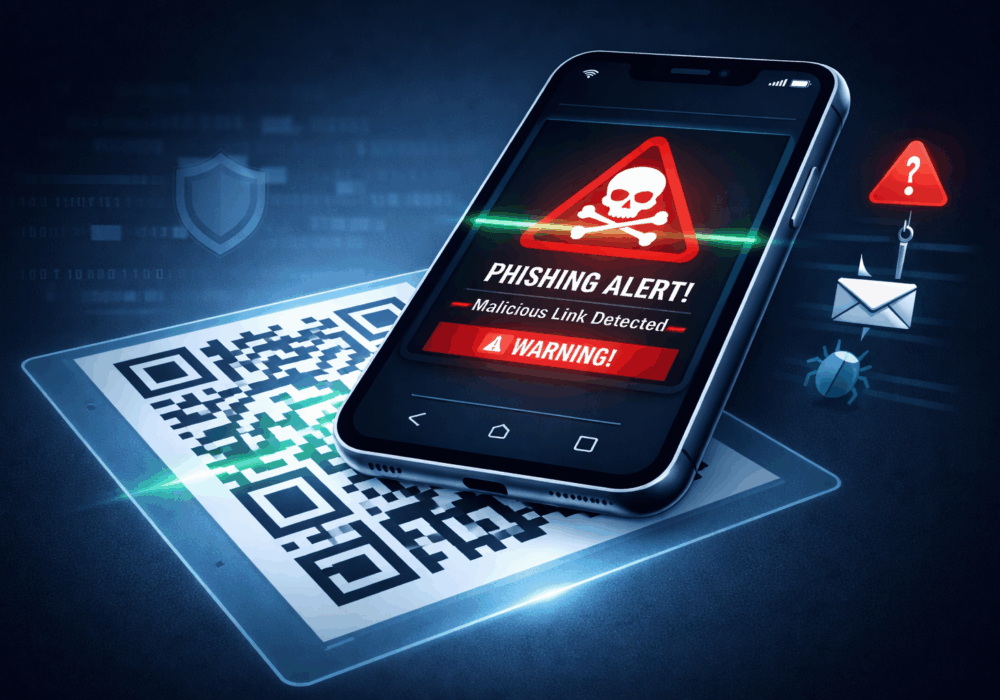This week, AbnormalSecurity reported an attack on an estimated 15-50 thousand email inboxes with a phishing attack. The attack’s purpose was to gain personal information that would allow hackers to perform ID theft or tax refund fraud. This phishing attack had victims completing a W-8BEN tax form from the IRS as a PDF attachment. However, when compared to the W-8BEN tax form on the IRS website, the form in the email asks for much more personal information. Enough information to steal their identity.
The email appeared to originate from “irs.gov”, however, a simple check of the sender’s email address revealed a spoofed (faked) message. CyberHoot investigated irs.gov and determined no-one can send an email directly from this domain except the IRS. All phishing attack messages supposedly from the irs.gov are easily identified by checking the sender carefully.
The email attack instructed recipients (below) to fill out the W-8BEN form to maintain their non-resident tax exemption status. Although this seems to target non-US citizens, the attack widened its audience by noting that US citizens must indicate their citizenship on the form and return it filled out. The attack concluded by instructing the recipient to fax the form, along with a copy of their passport, to the provided fax number.


The phishing emails contained a PDF attachment that appears harmless, not containing malware or suspicious links that phishing emails may have (typically caught by email security solutions). The attached form (above) asked for personal information like date of birth, passport number, bank information, insurance information, etc. By sending the completed form, victims would be handing out personal information to criminals that could ultimately lead to identity theft and credit fraud.
Last week the IRS announced that in January 2021 taxpayers can apply for an Identity Protection Personal Identification Number (IP PIN):
Phishing emails have tell-tale signs you can use to quickly and confidently identify them and delete them before they take advantage of you. Ask yourself these questions before proceeding. Was the email:
With all forms of identity theft that leads to credit fraud, hackers must have access to your credit scores. Otherwise, no bank can issue credit in your name to the hacker. Therefore, as CyberHoot has often written about, you must lock your credit scores from any inquiries at all four credit agencies as outlined here.
AbnormalSecurity, Black Friday Scams, IRS.Gov
How To Protect Information From Identity Theft
Discover and share the latest cybersecurity trends, tips and best practices – alongside new threats to watch out for.

And How to Fix Them Let me make an educated guess. You moved to Google Workspace because it was supposed to...
Read more
Remember Heartbleed? That security nightmare from a few years back that made everyone panic about their...
Read more
Remember 2020? We scanned QR codes for everything. Restaurant menus. Parking meters. That awkward moment at a...
Read moreGet sharper eyes on human risks, with the positive approach that beats traditional phish testing.
